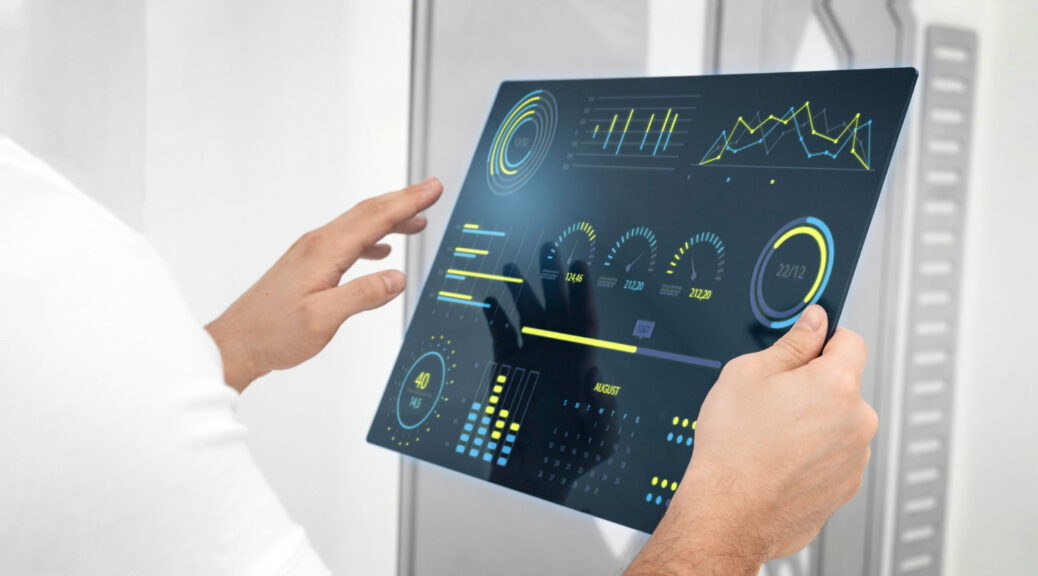Why Features Matter When the Stakes Are High
Due diligence is the backbone of major corporate transactions—from mergers and acquisitions to IPOs and strategic investments. The integrity of this process depends not only on the quality of information shared but also on the tools used to share it. That’s where virtual data rooms (VDRs) come in—not all platforms are created equal, and the right features can determine the efficiency, security, and outcome of a deal.
For decision-makers evaluating platforms like https://dataroomreviews.org/, understanding which VDR capabilities truly support the due diligence process is essential. This article explores the must-have features that distinguish high-performing data rooms from the rest and how these capabilities translate into real business value.
Secure Document Control Is Non-Negotiable
Security remains the primary reason companies turn to VDRs, especially in high-stakes financial and legal environments. However, beyond encrypted storage, what defines security is granular control.
Top-tier VDRs offer:
-
Role-based access control to limit who sees what
-
Dynamic watermarking to track document activity
-
Expiring access and time-limited permissions
-
Document-level restrictions, including print and download prevention
-
Full audit logs that track every user action
These features give deal participants confidence that information is only accessed as intended — and by the right people.
Collaboration Tools Drive Faster Deals
Due diligence isn’t a one-way data dump. It’s a collaborative process that involves questions, clarifications, red flags, and revisions. Without the right collaboration tools, teams are stuck juggling spreadsheets and email threads.
Key collaboration features that matter:
-
Q&A workflows to streamline communication between buyers and sellers
-
Version tracking to avoid confusion over document updates
-
Real-time notifications to prompt quicker responses
-
Integration with communication tools or APIs
-
Commenting and annotation capabilities
A robust VDR should act like a command center — not just a filing cabinet.
Searchability and Navigation Improve Stakeholder Experience
Time kills deals. If an investor or legal team can’t locate a key document within seconds, it creates friction and erodes trust. Search and structure are more than conveniences—they’re strategic enablers.
The best VDRs deliver:
-
Full-text search across all uploaded documents
-
Optical Character Recognition (OCR) for scanned files
-
Logical folder structures that mirror due diligence checklists
-
Smart filters and tagging for efficient sorting
-
Bookmarking and favorite folders for power users
Efficiency at this level leads to faster turnaround and improved decision-making.
Analytics and Insights Set the Best VDRs Apart
Modern virtual data rooms are more than static repositories — they are intelligent systems. Built-in analytics empower administrators and sellers to track interest and prioritize negotiations.
At platforms like VDR, companies can assess:
-
Which documents are most viewed (and by whom)
-
Time spent by users in specific folders
-
Frequency of return visits
-
Drop-off points indicating disinterest or blockers
-
Data to predict buyer intent and tailor follow-ups
Analytics not only aid the current deal but also inform future transactions.
Conclusion — VDR Features Are a Strategic Advantage
In complex due diligence environments, the capabilities of your virtual data room can dramatically influence outcomes. From safeguarding sensitive information to accelerating collaboration and providing actionable insights, a well-equipped VDR empowers teams to work smarter and close deals faster.
For business professionals comparing options, knowing which features to prioritize is essential. Choosing a solution that delivers these capabilities isn’t just a tactical decision—it’s a strategic one.

